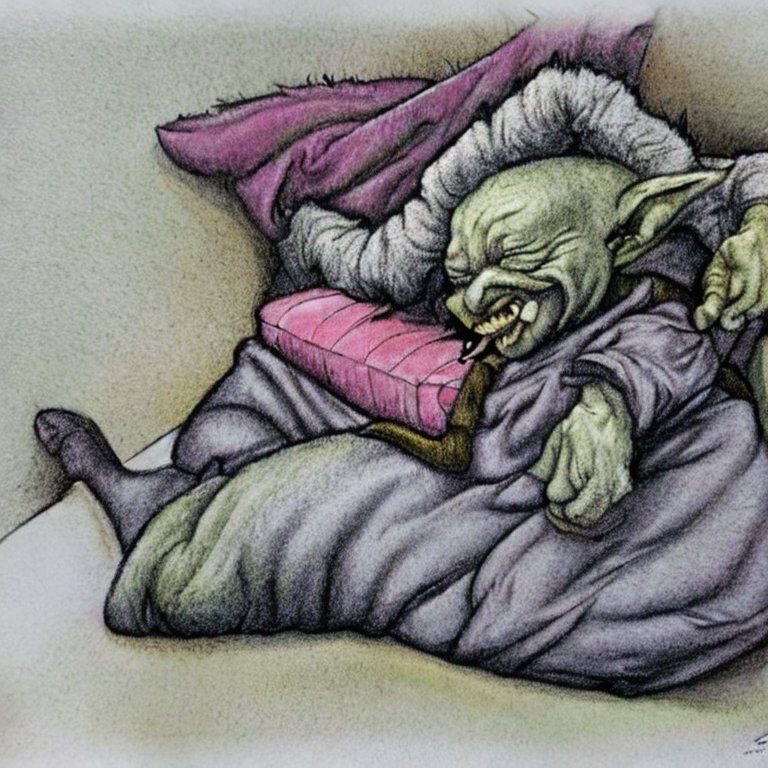What do you think about superstition? Whatever the answer is, it left a mark in our language with idioms like "break a leg","fingers crossed" and "touch wood". In Following the Equator, Mark Twain wrote:
"Let me make the superstitions of a nation and I care not who makes its laws or its songs either".
The sentence refers to the fact that all societies developed their own sets of superstitions, which often are the best starting point to get to the most authentic features of their cultures.
According to psychologists, the reason why we keep touching wood or crossing our fingers to get good luck — even though on some level we know they're not actually going to improve our chances — is that sometimes superstitions help us relieving anxiety about the unknown, thus giving us a sense of control over our lives.[1] To quote an article that appeared in the International Journal of Psychology and Behavioral Sciences:
"superstition has its roots in our species' youth when our ancestors could not understand the forces and whims of the natural world." Our predecessors thus created and delivered to us a whole set of instructions to survive any kind of event, especially "in conditions of absence of confidence, insecurity, fear, and threat." [2]
This reminded me about another article, where Karen Douglas, PhD of the University of Kent in the United Kingdom, discusses psychological research on how conspiracy theories start and why they persist. [3] I know, I know, this does sound like a Pindaric flight, but bare with me. According to Douglas, people are drawn to conspiracy theories because:
- They need to know why something big happened: they need an explanation and they want to feel certain of that truth;
- They need to feel safe in the world they live in, and they don't want to feel powerless and out of control;
- They want to feel good about themselves and the group they belong to, and feeling they have access to information that others may not have helps them.
Can you see the link between the two theories now? I guess every kind of belief, not just superstitions and conspiracy theories, stems from the same all too human need to understand the world and its events, to feel in control and in a better place compared to others, to relieve anxiety.
Back to superstitions, according to Stuart Vyse, author of Believing in Magic: The Psychology of Superstition, and former professor of psychology at Connecticut College:
"There is evidence that positive, luck-enhancing superstitions provide a psychological benefit that can improve skilled performance. There is anxiety associated with the kinds of events that bring out superstition." [4]
Another study shows that activating a superstition boosts participants confidence in mastering upcoming tasks, which in turn improves performance; So, if you knock on wood, keep your fingers crossed or say "Break a leg! to somebody, you may actually influence the turn of events by enhancing your or someone else's self-confidence. [5]
Now that we covered that, let's dive into these superstitions - related idioms and their origins: fingers crossed I'm not going to bore you!
Break a leg
Meaning: To perform well in a theatrical production or comparable endeavor, and a wish for good luck, especially in American English.
" Break a leg!" I shouted to Ryan.
He called to tell us to break a leg.
The origin of the phrase " Break a leg" is uncertain, though I guess it derives from the belief that spirits may wreak havoc on what you wish and make the opposite happen. [6]
Another hypothesis is that, since the ancient Greeks used to stomp their feet in appreciation instead of clapping, "Break a leg" would mean "make them stomp their feet until some legs just break". [7] A similar theory connects this idiom to Elizabethan times, when the audience would bang their chairs instead of applause, so if they were really happy about what they saw they could end up breaking the leg of a chair. Since the "leg line" was the area where actors were queued to perform, and if you were not performing, thus you didn't get paid, you had to stay behind the leg line, "Break a leg" would also mean "I hope you'll get to act and make money." [8]
Finger crossed
Meaning: If you are keeping your fingers crossed, you are hoping for a positive outcome.
Fingers crossed Elaine is wrong.
I have my fingers crossed for the underscheduled slackers.
The origin of "Fingers crossed" is not more certain: as the Dictionary of English Folklore puts it, "One of the popular explanations for the gesture's origin is that it dates from classical times when Christians were persecuted for their religion, and crossing the fingers was a secret way of invoking the cross. Given its late appearance, restricted distribution, and the fact that crossed fingers bear no relation to the shape of a cross, the explanation is completely unfounded". [9] Another theory dates, according to Charles Panat, author of Extraordinary Origins of Everyday Things, to a pagan belief in the powerful symbolism of a cross. The intersection was thought to concentrate good spirits and served to anchor a wish until it could come true. The practice of wishing upon a cross in those early European cultures evolved to where people would cross their index finger over that of someone else to express a wish and show support. Eventually, the one-handed practice we still use today replaced the older version.
Touch wood / knock on wood
Meaning: Hopefully; said while touching something wooden, to avert superstitious bad luck from what has just been said.
Touch wood , I feel good.
Knock on wood , no one's been hurt," Hartnell said.
The origins of "Touch (or knock on, in American English) wood" is as uncertain as the others (sorry, folks, it's not my fault!). The most accepted theory is based on the pagan belief that the spirits living in sacred trees such as oak, hazel and willow would protect people from bad luck, so you appealed to them for security or to express gratitude for their help. [10] After Christianity tried to adapt the former pagan beliefs and adjust them to the new religion, this heathenish belief was made more acceptable by adding the idea that the wood the saying referred to was that of Christ's cross. However, as The Oxford English Dictionary traces the phrase "touch wood" only back to the early 19th century, locating its origins in a British children's tag game called Tiggy-touch-wood, in which children could make themselves "exempt…from capture by touching wood", it's also possible that religions are not the starting point of this phrase. [11]
Ludwig's wrap up
Superstitious sayings such as "touch wood", "fingers crossed" and "break a leg" answer to a deep need to feel safe and avoid "bad luck". Even though the origins of these sayings are not certain, most theories are related to spirituality. According to psychology, superstitions (just like any other sort of belief) are a way to cope with anxiety and feel protected, and actually saying something like "finger crossed" would boost our performances just because we feel more confident. Superstitions are not all bad then, as long as you take them with a grain of salt. No, I didn't say you should throw salt over your shoulders…






